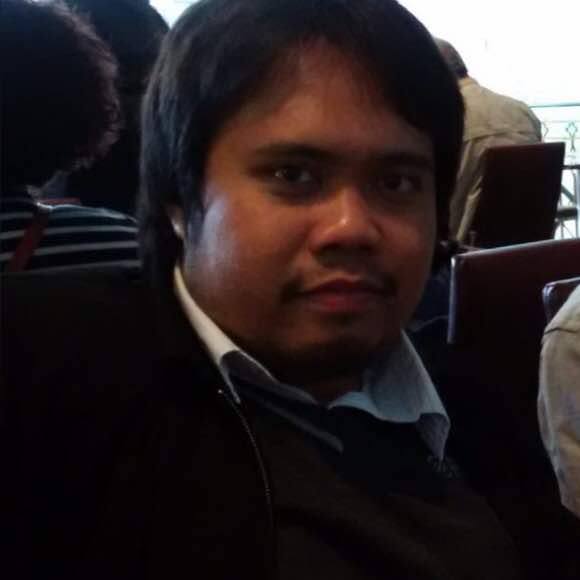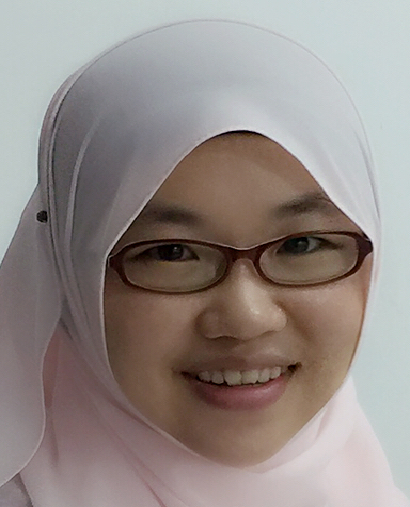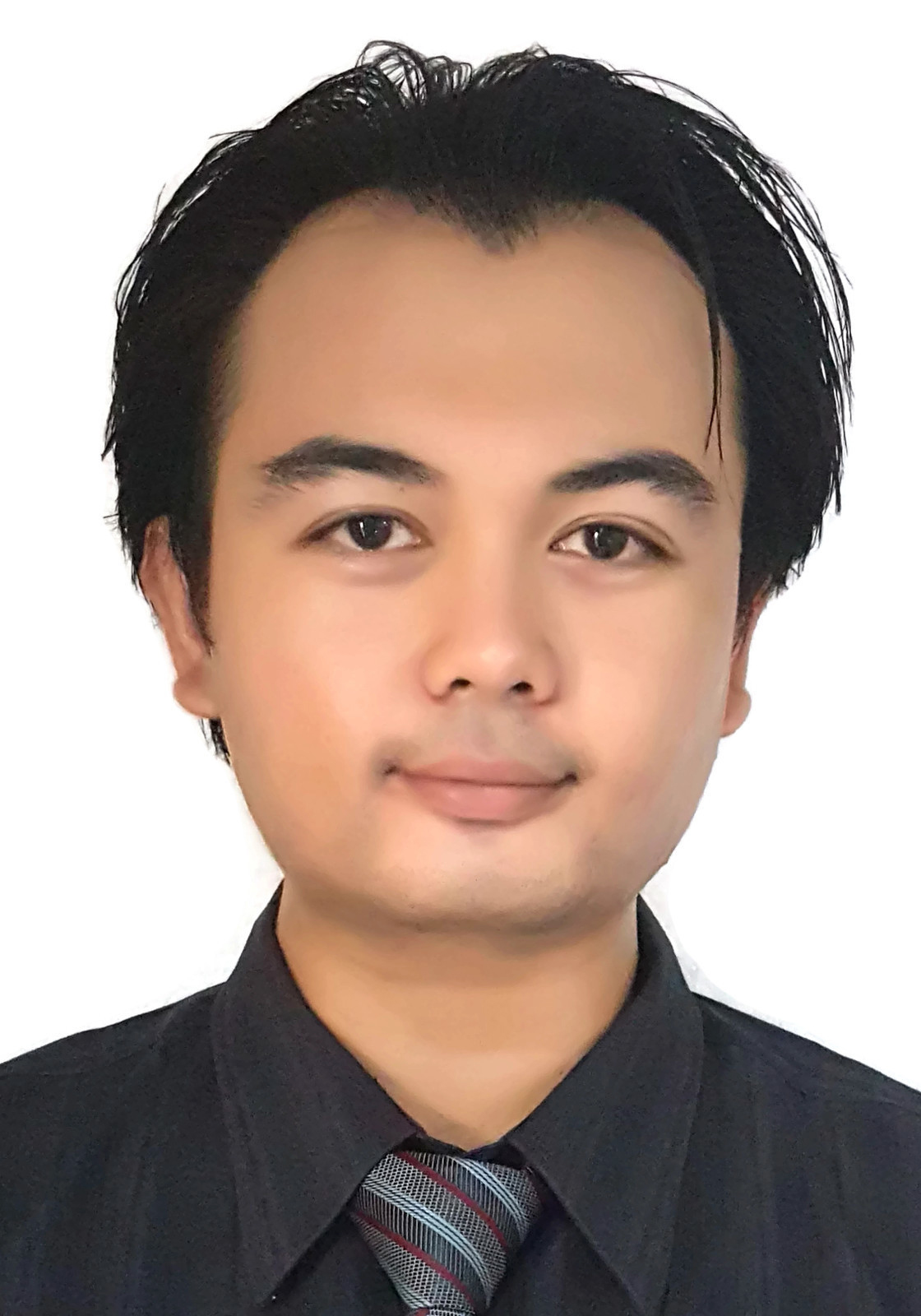Collaboration Members
 Dr. Mohamad Hazwan Mohd Daut
Dr. Mohamad Hazwan Mohd Daut
Received the M.Eng. (First Class Hons.) degree in electrical engineering from the University of Sheffield, U.K., in 2013 and the Ph.D. degree in engineering from the University of Cambridge, U.K., in 2019. His interests are in designing and developing a low-power energy harvesting system, including energy harvesting mechanisms, low-power converters, and power flow control for paralleling multiple low-power dc-dc converters. His research also covers the fabrication and characterization of thin film devices based on oxide semiconductors for flexible power circuits for low-power applications.
 Dr. Ma Li Ya
Dr. Ma Li Ya
She received a B. Eng. in Electronic and Information Engineering from Changchun University, Jilin, China, in 2007 and an M.S. degree in Electronics Engineering from International Islamic University Malaysia, in 2012. She completed her PhD in Electronic Engineering from Universiti Malaya, Kuala Lumpur, Malaysia, in 2018. Currently, she is working as a Post-Doctoral Research Fellow at the Faculty of Engineering, University of Malaya. Her research interests include MEMS (micro-electro-mechanical systems), RF-MEMS switches, finite element modelling, microelectronics and VLSI (large-scale integration) technology. Recently, as a post-doc researcher, her research has been extended to the fabrication and characterization of flexible electronics, which contain printable fabrication methods and materials, as well as flexible and stretchable sensors with electrodes.
.jpg) Dr.Sharifah Fatmadiana Wan Muhammad Hatta
Dr.Sharifah Fatmadiana Wan Muhammad Hatta
Senior lecturer at the Faculty of Engineering, University of Malaya in Malaysia since 2014. She graduated with an MEng in Electrical Electronics Engineering (University of Sheffield, UK) in 2005, an MSc in Microelectronics (Universiti Malaya) in 2009 and a PhD in Microelectronics (LJMU, UK) in 2014. Her research interests include emerging technologies in wearable electronics, semiconductor reliability, advanced semiconductor modelling and characterisation, and PUF-based technology in cyber security. She has co-authored in more than 20 journals and conference proceedings. She has collaborated with industries, namely INTEL (Malaysia), MIMOS (Malaysia), Infineon Technologies (Malaysia), Motorola Solutions (Malaysia) and IMEC (Belgium), as well as academic institutions, namely Liverpool John Moores University, UK. She has secured research grants from the Newton Fund (Royal Academy of Engineering, UK), Sciencefund (MOSTTI, Malaysia), FRGS (MOE, Malaysia) and internal research grants from the Universiti Malaya. She is affiliated with the IEEE and IEEE Electron Devices Society, and has organised and served as a technical committee for several IEEE conferences since 2014—she was an awardee of the MIMOS Prestigious Award 2014 and shortlisted for the Newton Prize in 2017.
 Mr. Hafizuddin
Mr. Hafizuddin
Received his bachelor's degree with honours in Physics with Electronics from Universiti Malaysia Sabah in 2009. For his BSc dissertation, he investigates the resonance frequency of Sundatang, one of the vintage musical instruments at Sabah. By this frequency, a standard for producing Sundatang has been introduced. His love for physics made him further his studies at Universiti Kebangsaan Malaysia, where he got his MSc in Applied Physics. His master's degree focused on high energy physics frontier, where he developed a simple muon detector to detect the distribution ratio of muon and frequency of muon hitting on the earth's surface. In 2014, he further his studies in the doctorate programme at Universiti Malaya. He was sent to a research centre in Tsukuba, Japan
